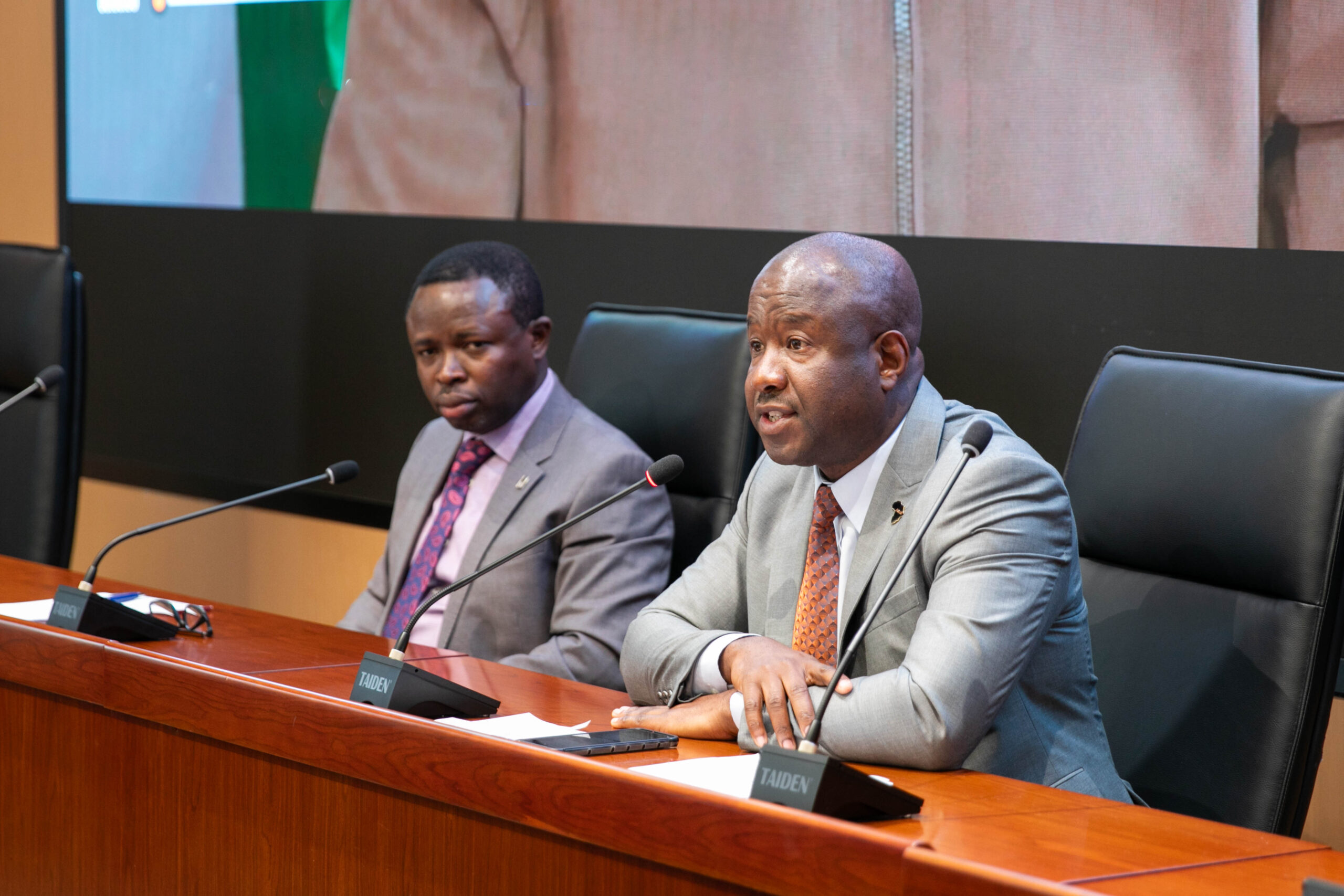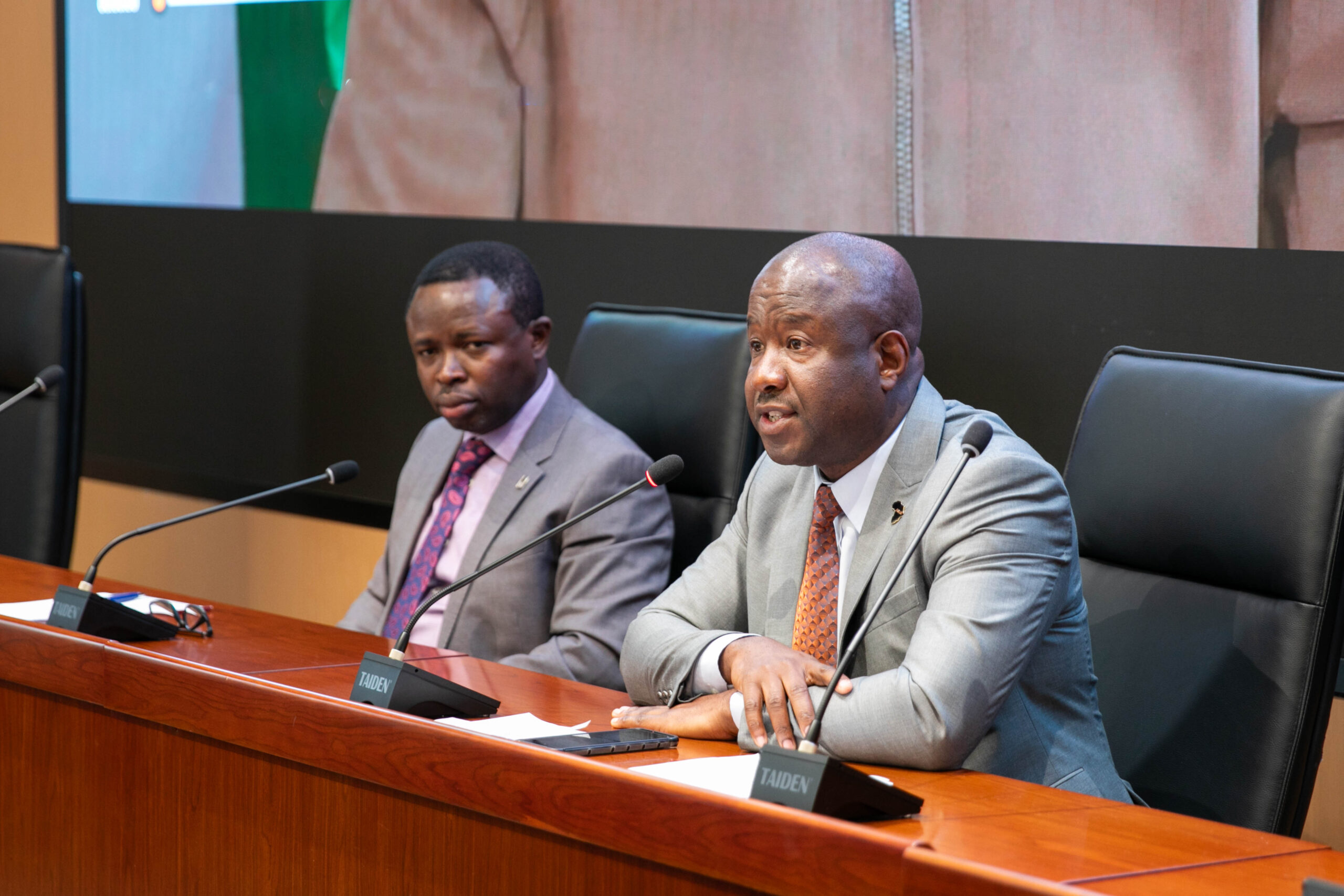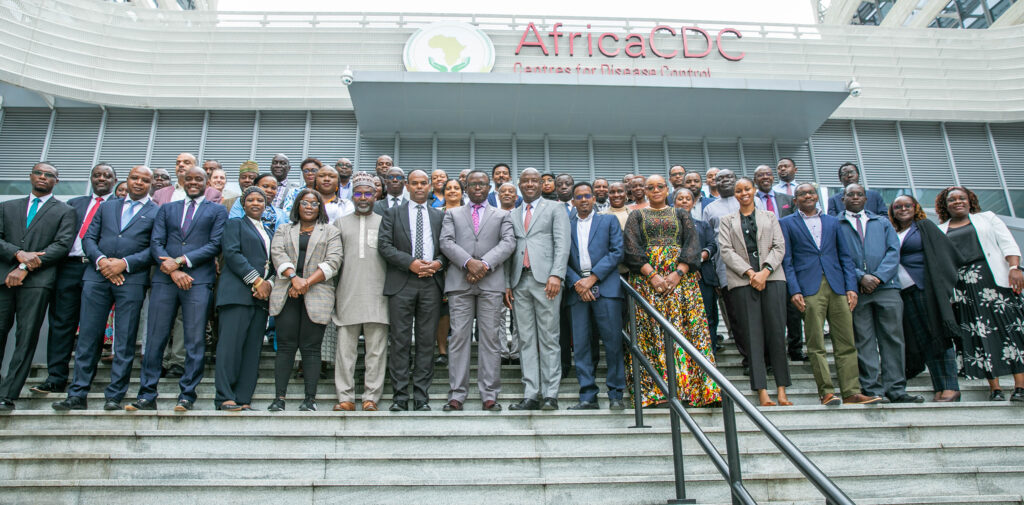By: Awot Haileslassie
 Laboratory diagnostics are crucial for understanding antimicrobial resistance (AMR) in Africa. The African Society for Laboratory Medicine (ASLM) emphasizes the need for quality laboratory services and diagnostics to provide evidence on pathogen sensitivity and resistance, helping to inform treatment and control strategies.
Laboratory diagnostics are crucial for understanding antimicrobial resistance (AMR) in Africa. The African Society for Laboratory Medicine (ASLM) emphasizes the need for quality laboratory services and diagnostics to provide evidence on pathogen sensitivity and resistance, helping to inform treatment and control strategies.
Mr. Nqobile Ndlovu, ASLM CEO, stressed the pivotal role of laboratory services and diagnostics in combating AMR in launching of a report on AMR Control, Surveillance and Disease Intelligence in Africa’s Center for Disease Control and Prevention (Africa CDC). He underlined that these tools are essential for understanding the burden of AMR in Africa and determining the effectiveness of treatments against pathogens.
Up on his remarks, Laboratory medicine plays a pivotal role in the fight against AMR by:
- Providing Evidence: Laboratories generate critical data that informs whether pathogens can be treated with current medications. This data is crucial for policy formulation and the implementation of effective AMR control strategies.
- Surveillance: Through regular testing, laboratories monitor the sensitivity of pathogens, providing valuable information for understanding the spread and impact of AMR across different regions.
- Capacity Building: Strengthening laboratory networks is vital. ASLM is committed to enhancing the capacity of laboratories in Africa to detect and identify resistant pathogens effectively. This includes training the workforce to be aware of AMR issues and equipping them with the necessary skills for testing and diagnostics.
Despite the limited laboratory capacity, underutilization of data, and lack of political and financial support Mr. Nqobile Ndlovu , expressed the existence of optimism about the level of political commitment across African Union (AU) member states, as evidenced by their participation in the landmark AMR report. This report reflects the collective effort to present a unified voice from Africa on the global stage, ensuring that Africa’s needs are addressed in global health initiatives.
In summary, Mr. Nqobile Ndlovu, outlined the essential role that laboratory medicine plays in addressing AMR in Africa. While significant challenges remain, including limited capacity and underutilization of data, the ongoing commitment from African governments and the work of organizations like ASLM offer hope for improving the continent’s ability to combat this critical public health issue. Continued efforts to strengthen laboratory networks and utilize generated data will be key in overcoming the threat of AMR in Africa.


